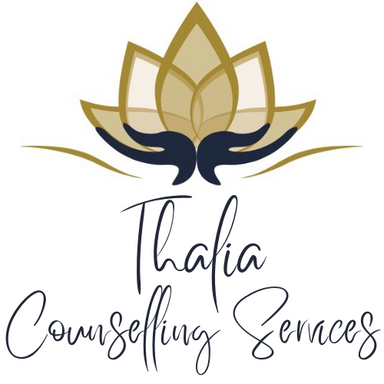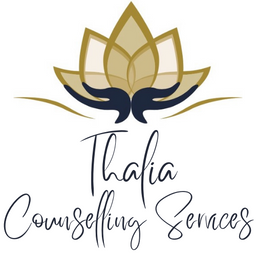Why is Childhood adversity relevant to our health later in life?
You may have seen on social media or articles written, you may have even gone to therapy and been asked about your upbringing. There has always been a sort of understanding that if you had difficult things in your childhood it affects us, but it all feels a bit like the old Freudian type image of therapy of laying on a couch while a therapist asks about your childhood…. But what does it actually do to us and why does our childhood have such a lasting importance when we have moved on from that, created our own life as an adult and maybe even distanced ourselves from anything that we no longer wanted in our lives, surely that is moving on…. Well no it has far deeper roots than we actually think.
What is childhood adversity?
So first of all, what is childhood adversity? Basically it can be anything from feeling like you weren’t loved or accepted right up to the abuse and neglect, bit like a sliding scale. All of it has an impact on us, and not just on an emotional level.
The important thing to remember in this is it is the emotional connection and response not the practical provision that actually makes the biggest difference.
From the moment we are born we are working out the world around us, humans are the most vulnerable and dependent for the longest amount of time, so our survival relies on our care giving adults. This is why our attachment to those caring for us is vital and wired into our survival instincts.
When we cry as babies and the primary caregiver responds, this creates the attachment and helps us to form the belief that the world is safe and we will be provided for. This gives us a blueprint for how we respond to others and interact in our relationships later in life.
What happens when this isn’t secure?
If your caregiver is inconsistent in emotionally responding to you, or doesn’t respond, you learn that your needs are not going to be met and this creates an insecure attachment. This gives you messages that the world and people you interact with won’t love you and your needs will not be met, ultimately that threatens your primal survival. This then pushes us even at very young ages to become more anxious or avoidant of emotions, these are called insecure attachments. At the same time, you are creating these understandings of the world around you, you are also developing brain connections and nervous systems responses, the feedback you get from these attachments also inform how your brain and nervous system responds, if you are creating an insecure attachment that means your brain and autonomic nervous system is creating complex stress response pathways.
So, depending on the level, the amount and our experiences of adversity will be how much you may notice it later in life.
What does the research say about childhood adversity?
Research into Attachment trauma/ insecure attachments and also Adverse Childhood Experiences (ACE’s) has given key information between our physical/mental health and childhood adversity.
ACE’s are a series of questions to do with physical and emotional stressors in childhood, the findings have been correlations between the higher the ACE scores the higher the likelihood of physical and mental health problems later in life.
Attachment research has found that if you have an anxious attachment there is a higher likelihood of ill health, chronic pain conditions, mental health and also higher levels of inflammation responses in your body.
The good news from this research:
This is a very brief overview to give you an idea of one part of childhood trauma, there are many other factors that happen in our lives that all play a part, but the key takeaway from this part is the importance of understanding your own experiences and how that can impact your physical, mental, emotional health and also inform other relationships later in life.
How can I help with this?
A trauma informed therapist can help you to piece together your own unique jigsaw of experiences and look at how it is impacting you personally, as we are all different in what that looks like. The good news is that childhood adversity, trauma and insecure attachments can all be worked through, you can learn the tools needed so it doesn’t impact your well-being so much and becoming more aware of your own can empower you to change the things that are affecting you and your life.
Work with me
If you want support in your own healing, get in touch with me to book 1:1 counselling.
If you are a professional who would like to expand your knowledge working with disability and chronic pain, sign up for my training programme.

Opening Hours
- Mon – Thu
- 09:30 – 19:00
- Fri – Sun
- Closed
Social Media
Contact form
We need your consent to load the translations
We use a third-party service to translate the website content that may collect data about your activity. Please review the details in the privacy policy and accept the service to view the translations.

